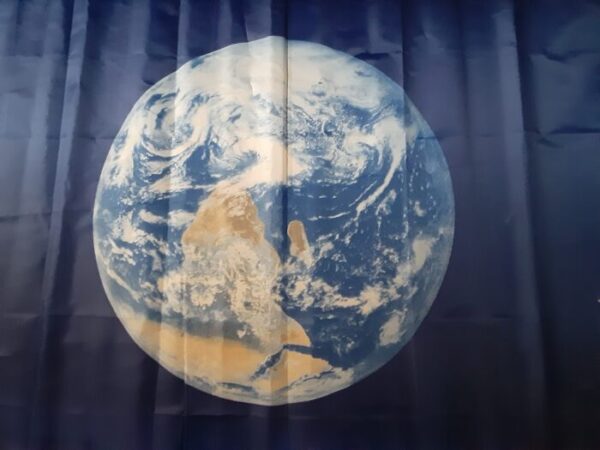About 10 years ago we had my parents’ DNA tested via the National Geographic Genome project as a Christmas present. The results changed my worldview forever. What was different about the Genome project (which no longer does testing) is that it traced our family’s lineage back over 60,000 years. They showed us the route that the families took out of Africa and into the areas on the eastern edge of the Mediterranean Sea. My father’s family spent at least ten thousand years wandering that area before heading first north, into the Caucasus Mountains, and then east into what is now Afghanistan / Turkmenistan. There they spent many, many millennia before heading north first into Russia, and finally further west into northern Europe.

A good part of my mother’s family spent time in what is now Turkey, and then in several areas of southeastern Europe before landing in southeastern Poland. One branch went further west into Italy and Spain before landing in Germany. The ancient stories of the vast majority of European families are very similar.

National Geographic then gave us a “heat map,” which showed where the highest concentrations of our shared DNA still exist today. Beyond Eastern Europe, I was amazed to see how many “cousins” we still have in both the area around the Holy Land and in Afghanistan, two areas of ongoing turmoil in the world today.
I am still struck to the core, every time on viewing those maps, as to how truly and intricately we are all really related. A couple of years ago, too, I was contacted by a fourth cousin on my father’s side who has been extensively researching that family’s history. As of today he has gathered a group of over 700 living cousins. Seven hundred!! I have learned that I have cousins everywhere, and in fact, unknowingly lived across the street from a family who we now know were my dad’s third cousins. Astounding. Connections – all over the place.

This week, though, I have especially been pondering those southeastern / Russian cousins of mine. As the mother of sons I am deeply affected by reports of war and bloodshed, wherever they might occur. I can only imagine the anguish of so many women through the years, upon learning of the deaths of their beloved children in some battle or another. But now I also lament the death and suffering of my cousins, of family I don’t know, and perhaps now never will get to meet. How senseless it all is. How asinine.
Some reading this would tell me immediately to “let it go,” “breathe deep,” “take a pill,” or “go distract yourself.” And yet – are not Christian scriptures full of lamentation? Consider the book of Psalms, almost a third of which are laments, weeping and wailing to God over the disappointments, the death, and the destruction the writer encountered. Did Jesus not weep over Jerusalem (Luke 19:41-44). Are we not meant to call out to our Creator and beg for mercy in such difficult times as these?

I strongly believe so. At least to do this in a way that acknowledges our helplessness, our concerns, and our desire for a new way of life in this world. One that admits our sinfulness too, and the all too easily embraced slide toward evil that confronts each of us at times. To acknowledge these things, offer them to God, and to let them go – knowing they are then in far more capable hands – is a healthy and meaningful way to live and deal with grief.
And so today, on this beautifully sunny Ash Wednesday, once again I walk among the trees, weeping and praying for the people of the Ukraine, and all my cousins around the world who suffer. Please God, have pity on us. Open our eyes to who we are truly meant to be, brothers and sisters together, flesh of one flesh, your too-often messed up children. Let us walk in hope in the footsteps of your holy ones from throughout the centuries. Strengthen our hearts, turn us toward your ways. Give us your peace. Amen.


Another well written, heart felt piece of your heart!